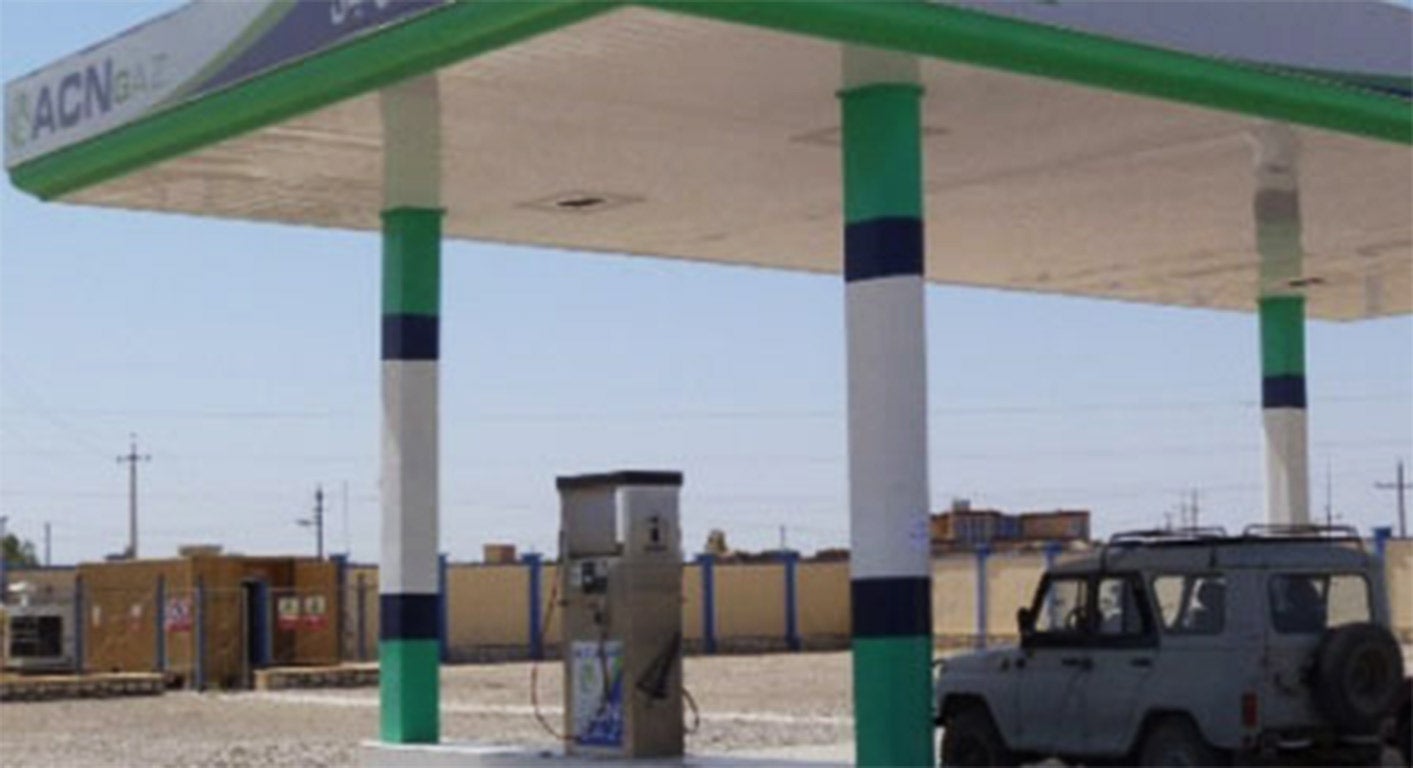World’s most expensive refuelling station costs US taxpayers $43m - and it's in Afghanistan
Department of Defence criticised over 'ill-conceived' project to build a gas refuelling station for the few cars powered by natural gas in a country blighted by poverty and conflict

It has been described as the world’s most expensive refuelling station, costing US taxpayers $43m (£28m), 14 times higher than predicted.
The rift between the Pentagon and the US watchdog investigating fraud and waste in Afghanistan has deepened over the spending on a gas refuelling station for the few cars powered by natural gas in a country blighted by poverty and conflict.
The Special Inspector General for Afghanistan Reconstruction (Sigar) has said that one of the most troubling issues surrounding the filling station, built in the city of Sheberghan after the American-led invasion, was how the Department of Defence (DoD) was unable or unwilling to explain why the “ill-conceived” project was so expensive compared with the estimated cost of $500,000.
“Unfortunately, Sigar’s review of this project was hindered by DoD’s lack of co-operation,” said a report into the project this week. “DoD contended that no one remained who could answer substantive questions about the project or, apparently, any other activities.” John Sopko, the special inspector general, told NBC News: “It’s an outrageous waste of money that raises suspicions that there is something more there than just stupidity. There may be fraud. There may be corruption. But I cannot currently find out more about this because of the lack of cooperation.”
$500,000
Original estimated cost of the refuelling station
The investigation will focus on whether the conduct of staff at the Task Force for Business and Stability Operations (TFBSO), an $800m Afghan programme that reported directly to the office of the Secretary of Defence, was “criminal in nature”.
Despite having vast natural gas reserves, Afghanistan is heavily reliant on importing petroleum. The downstream gas utilisation project, overseen by TFBSO, aimed to change that. But there was “no indication”, Sigar noted, that the planners realised that many Afghans would not be able to afford to convert cars from petrol to gas power.
Join our commenting forum
Join thought-provoking conversations, follow other Independent readers and see their replies
Comments